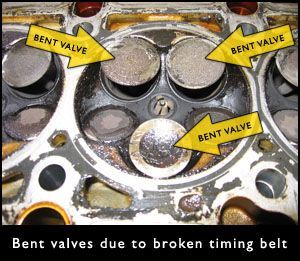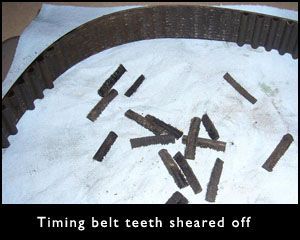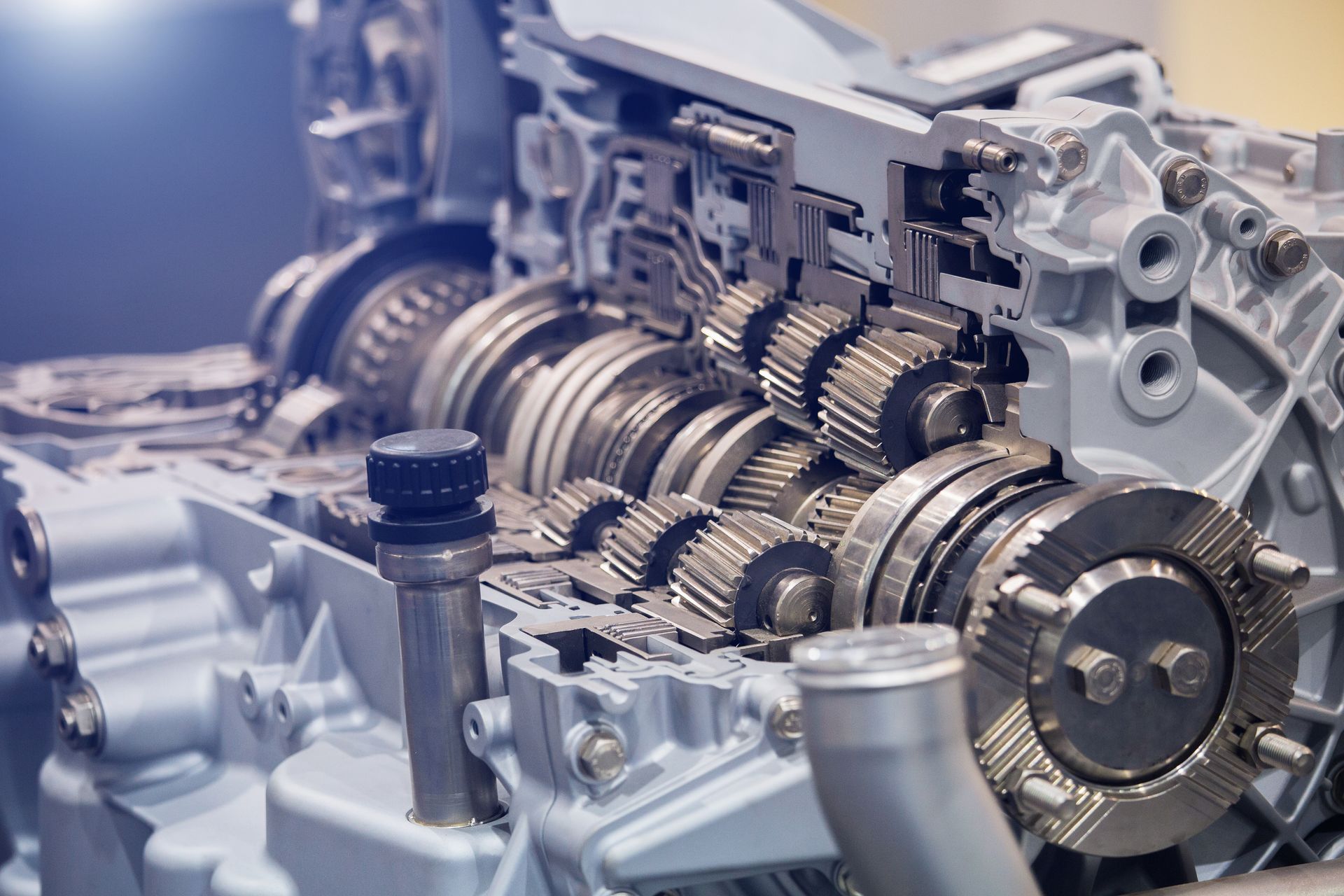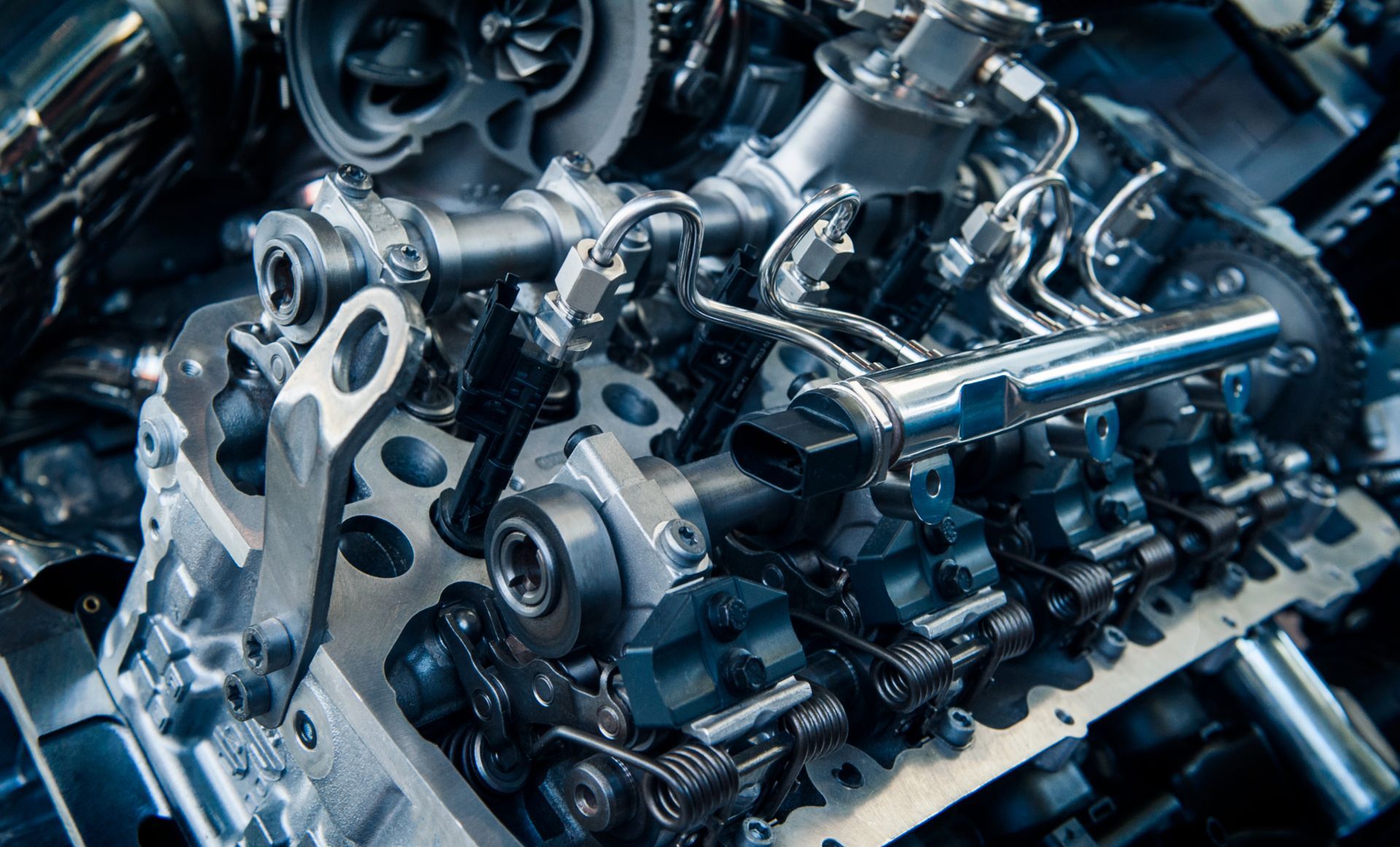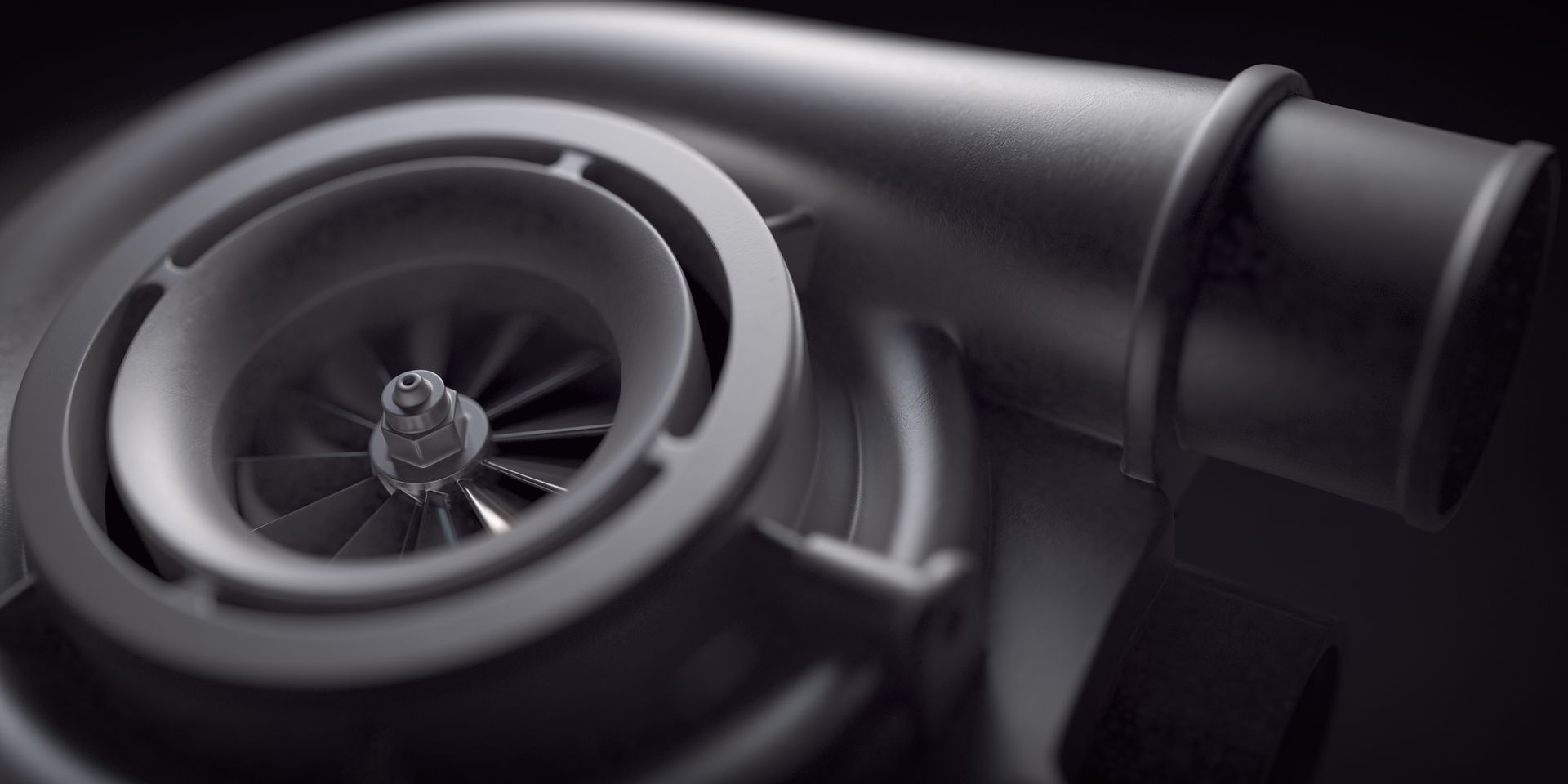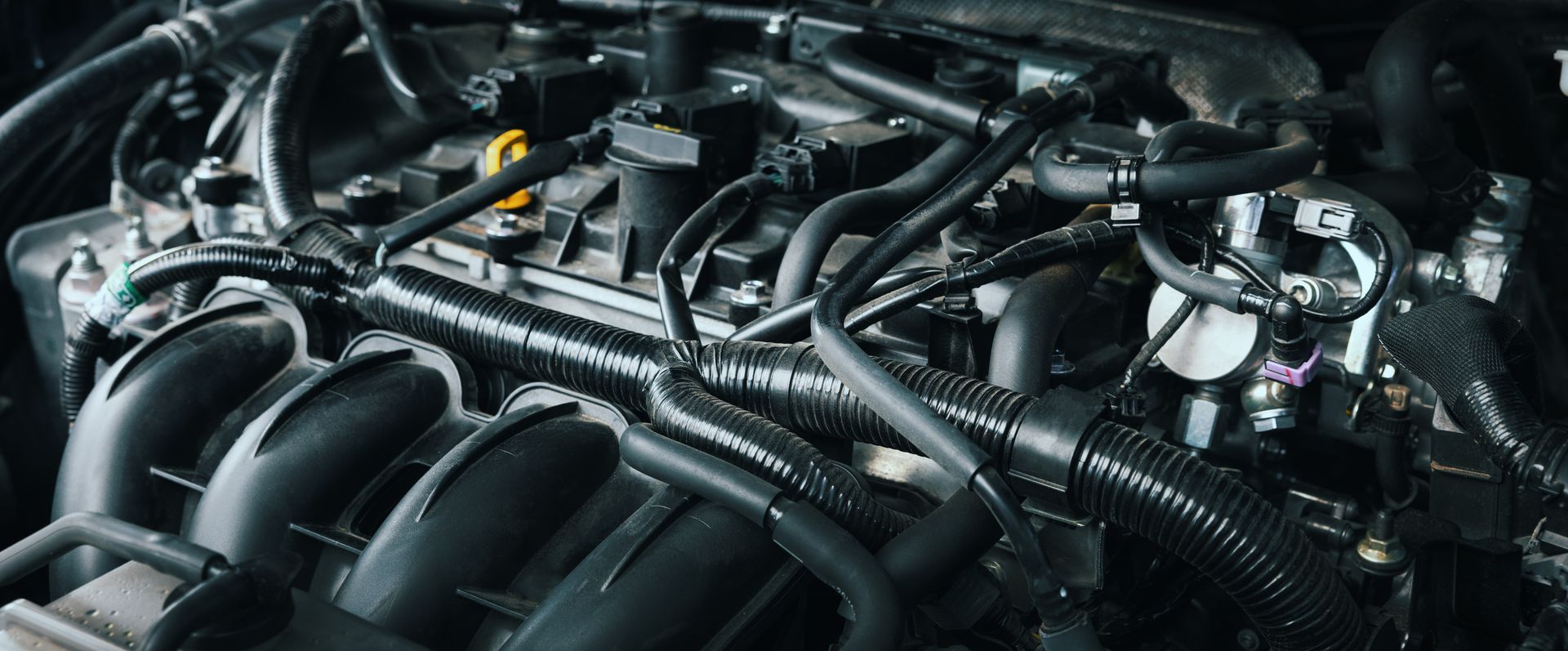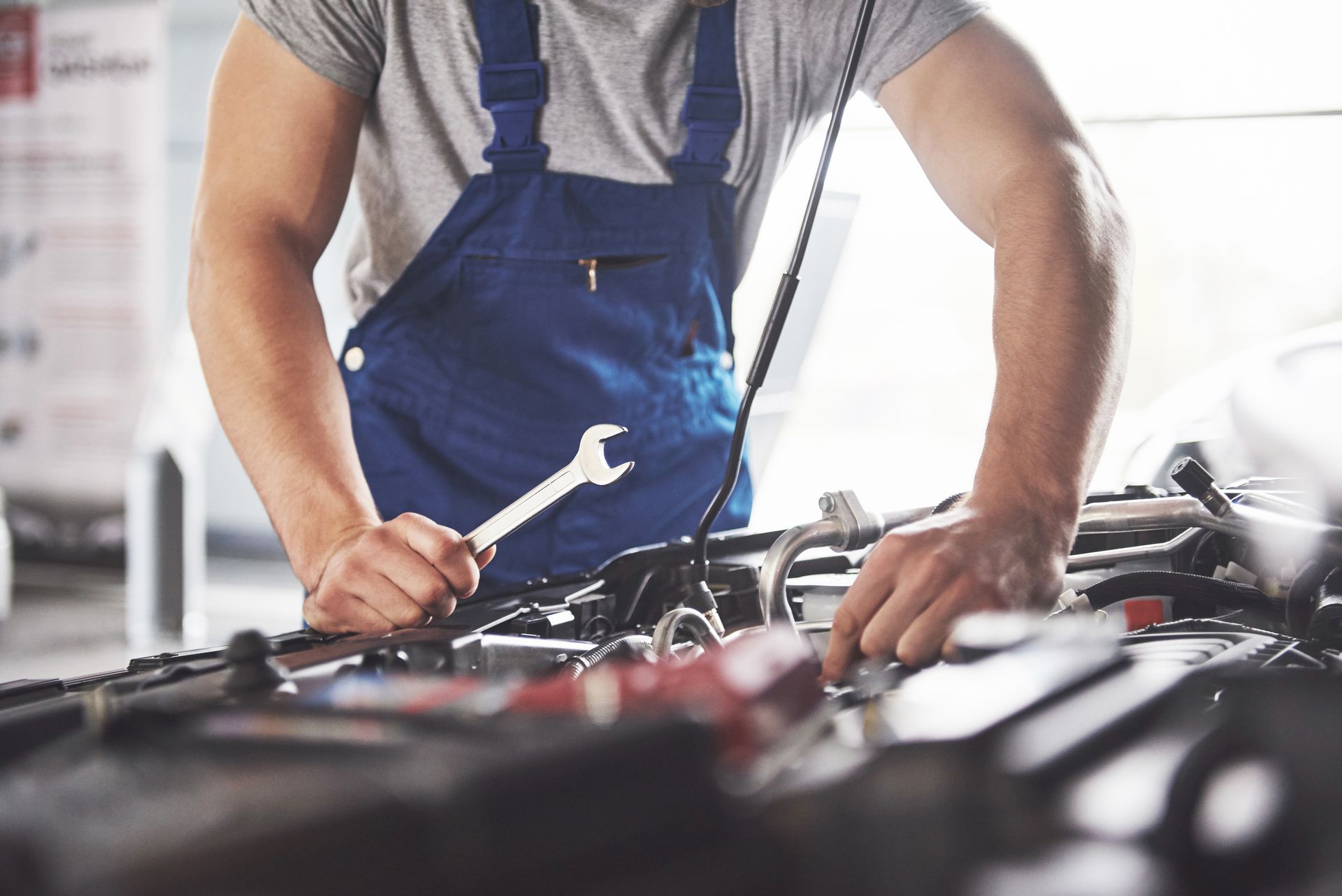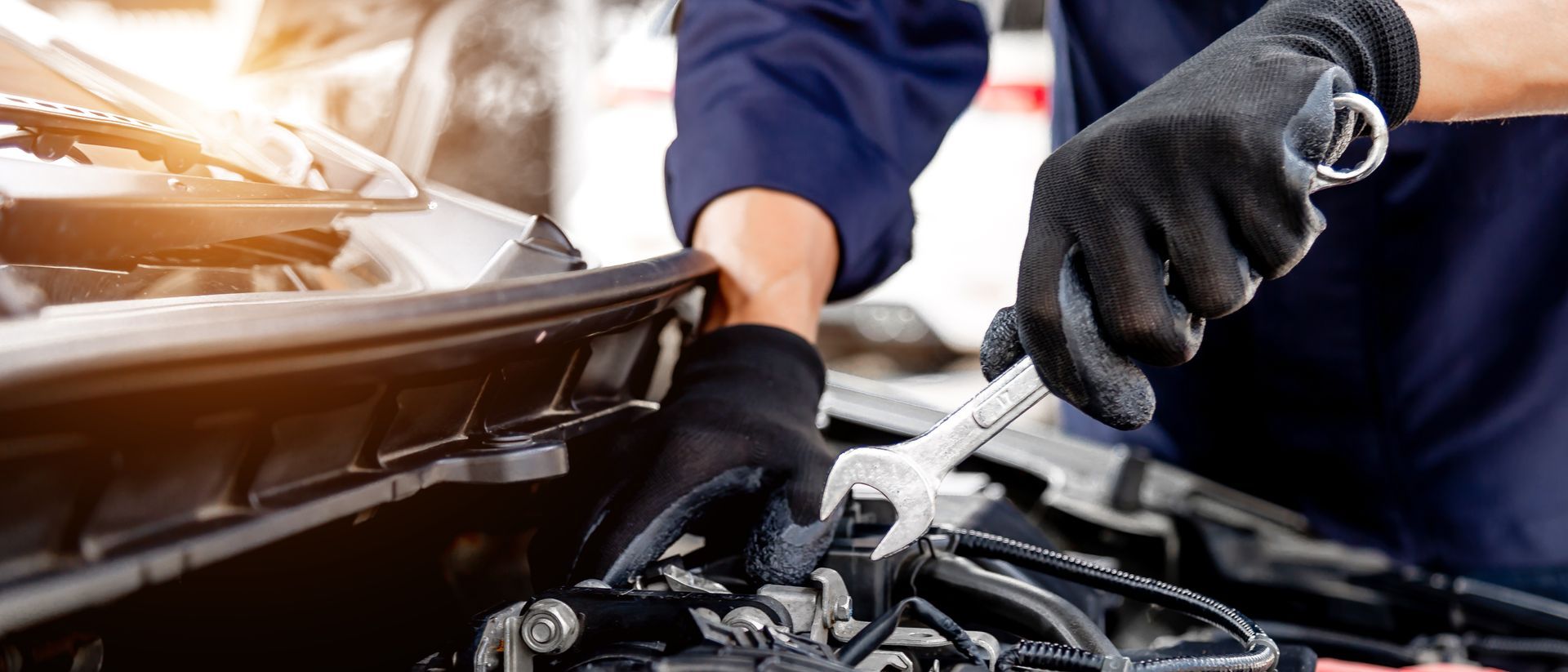TIMING BELTS – MAKE PROPER TIMING BELT MAINTENANCE A PRIORITY
TIMING BELTS – MAKE PROPER TIMING BELT MAINTENANCE A PRIORITY
By: Jeff Hustin, Master VW / Audi Tech of European Auto Tech
Interference Engines, The Sleeping Time Bomb in Today’s New Cars.
These engines use a rubber timing belt to synchronize the internal engine components. Today’s modern Hi Tech VW and Audi engines use Multi-valve technology to squeeze the most power out of these small engines.
As designed, they push the limits by opening the valves farther and keeping them open longer, while the pistons come dangerously close to the valves as the engine rotates.
When everything is synchronized perfectly, your engine runs strong with quick throttle response.With these close tolerances everything MUST run in synchronization. The problem is if this rubber timing belt breaks, these close tolerances are your worst enemies. The result will be catastrophic internal damage to your engine. Like a Ticking Time Bomb. The resulting repair costs could be in the $5,000 to $7,000 range.
The balance is to get the longest life out of your timing belt, but have it replaced before it ruins your engine.
The manufactures push for longer interval on services and suggested repair intervals. This makes their cars look more economical and longer lasting, but to the car’s owner, this is pushing your car to its limits, often exceeding common sense.
Timing Belt Teeth Sheered OffThe manufacturer recommends an oil change every year or 12,000 miles sounds high, doesn’t it?
The same extended replacement interval is recommended with your timing belt. The factory repair manual recommends replacement as high as 105,000 miles. This is past their WARRANTY PERIOD and out of their responsibility.
We know form experience that these belts can break as low as 70,000 miles. This is especially true in our hot climate here in Tucson. They also know this from multiple class action lawsuits, that they often never make it to the recommended replacement interval.The manufactures have so many different recommendations on this replacement. As we can see year to year, model to model, automatic to manual transmission and gas to diesel they are all different.
The long and short of it is, if your timing belt brakes you’re in for an OUTRAGEOUS repair bill.
Here at European Auto Tech we set a conservative standard at 60,000 mile interval for the VW and Audi vehicles. We feel this is a safe mileage interval for rubber timing belts out here in the southwest desert, without chancing the inevitable.
Jeff Hustin
Master ASE, L1 Certified
Factory Trained Technician
